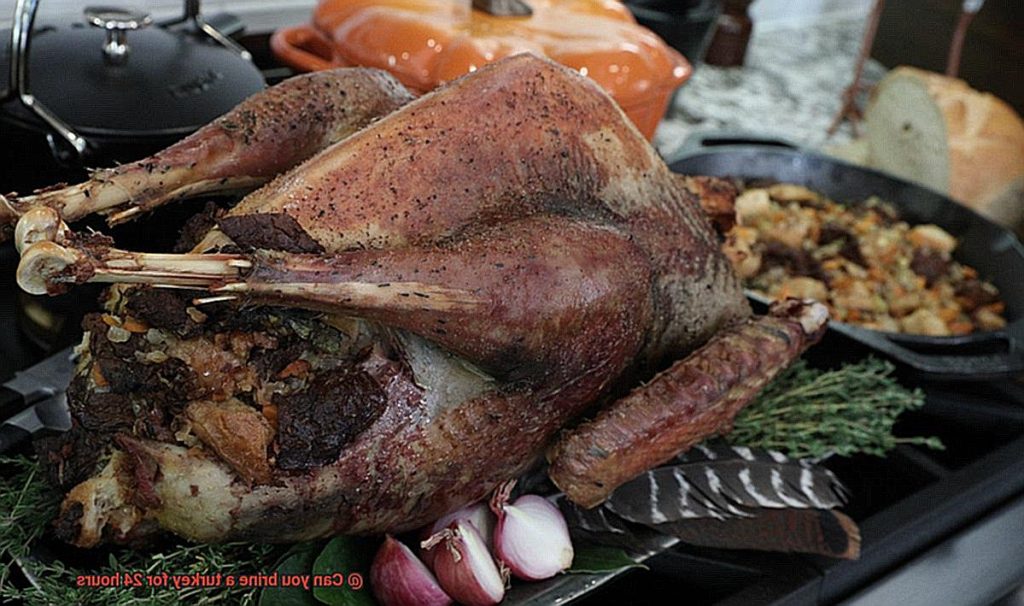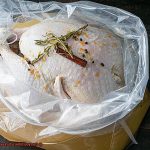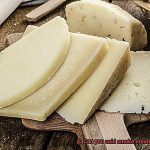It’s that time of year again where we gather around the table with family and friends to enjoy a scrumptious holiday meal. And what’s the centerpiece of this feast? The turkey, of course. A well-cooked turkey can make or break the entire meal, and brining has become a popular method for ensuring a juicy and flavorful bird. But is it possible to brine a turkey for 24 hours without ruining it?
Brining involves immersing the turkey in a mixture of salt, sugar, herbs, and spices dissolved in water. The process infuses moisture into the meat, resulting in a tender and succulent turkey that will have everyone asking for seconds. But how long should you leave your bird soaking? Can you go too far with the brining process?
In this blog post, we’ll dive into everything you need to know about brining your turkey for 24 hours. We’ll cover all the benefits and risks involved so that you can confidently prepare your bird without worrying about over-salting or ruining it altogether. Get ready to take notes as we share some tips on maximizing flavor and texture to create an unforgettable holiday meal that everyone will love.
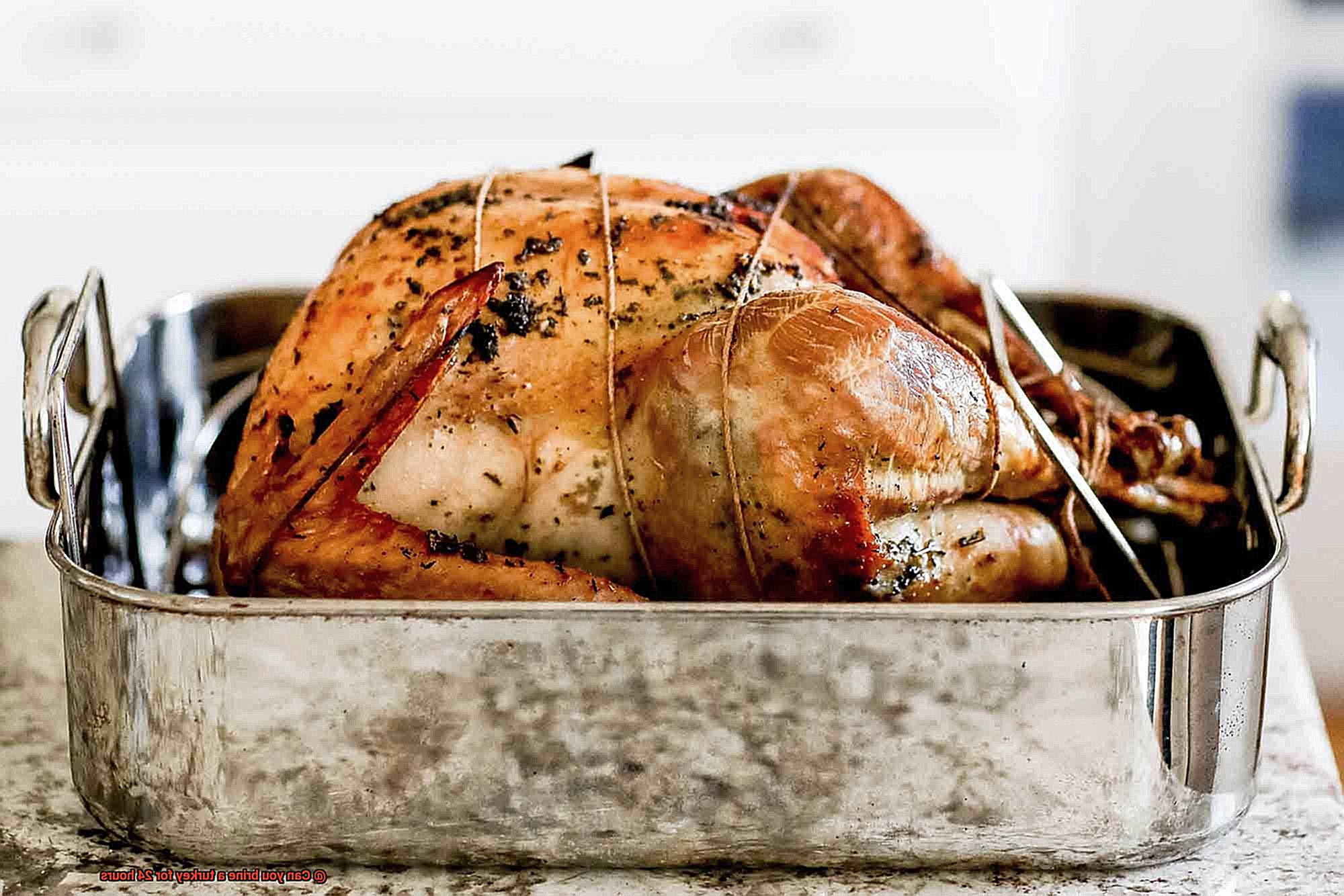
Contents
What is Brining?
Brining is a game-changing technique that can transform any meat into a tender and flavorful masterpiece.
At its core, brining involves soaking meat in a saltwater solution for a period of time, allowing it to absorb moisture and other flavors from the brine. This not only adds delicious taste but also enhances the tenderness and juiciness of the meat.
The science behind brining is simple but effective. When immersed in a saltwater solution, the salt breaks down the meat’s muscle fibers, causing them to relax and absorb water. This extra moisture helps to prevent the meat from drying out during cooking, particularly lean meats like turkey or chicken.
Adding sugar, herbs, and spices to the brine can elevate the flavor profile of the meat, resulting in a mouthwatering dish that will impress your guests. Whether you prefer savory or sweet notes, there are endless possibilities when it comes to brine ingredients.
It’s important to note that different meats require varying brining times. Poultry like turkey or chicken can be brined for 12-24 hours while larger cuts of meat like beef or pork may require longer brining times. It’s crucial to follow the recipe’s guidelines carefully to ensure optimal results.
How Long Should You Brine a Turkey?
Well, brining is the way to go. But, how long should you brine a turkey? As an expert on this topic, let me guide you through this essential step.
Firstly, the general rule of thumb suggests one hour per pound of turkey. However, this is just a starting point. The size of your turkey will influence how long you should brine it. A smaller turkey may only need 12-18 hours in the brine, while a larger bird may require the full 24 hours to absorb all those delicious flavors.
The strength of your brine can also impact the soaking time. A more concentrated brine may require less time, while a weaker solution may require longer. It’s all about finding the right balance for your taste buds and ensuring that the turkey doesn’t end up too salty or dry.
Now, let’s talk about something crucial: temperature. The ideal temperature for your turkey brine is between 35-40°F. If the solution is too warm, it can cause bacterial growth and potentially spoil the bird. So make sure to keep an eye on that thermometer.
Moreover, there are different types of brines you can use for your turkey. Some popular options include apple cider brine, maple syrup brine, and herb brine. Each requires different soaking times to infuse the flavors into the meat optimally.
Benefits of Brining a Turkey
As the centerpiece of many Thanksgiving tables, the turkey must be nothing short of perfect. And while there are many ways to season and cook a turkey, brining is a tried-and-true technique that offers numerous benefits.
First and foremost, brining helps the turkey retain moisture during cooking. By soaking the bird in a solution of salt, sugar, and water for several hours, the meat absorbs the liquid, resulting in a juicier and more flavorful bird.
But brining isn’t just about moisture retention – it also enhances the flavor of the turkey. The salt and sugar in the brine penetrate the meat, infusing it with a delicious taste. And the best part? You can get creative with your brine by adding herbs, spices, or even fruits like apple cider or maple syrup to give your turkey a unique twist.
In addition to flavor, brining also helps tenderize the meat. The salt in the brine breaks down the proteins, resulting in meat that is more succulent and easier to chew.
But perhaps one of the most significant benefits of brining is even cooking. Without brining, dry spots can occur when cooking an unbrined bird. But with brining, you can rest assured that your turkey will cook evenly from end to end.
Brining is also a versatile technique that can be used with all kinds of turkeys – even wild turkeys, which tend to be leaner and drier than their farm-raised counterparts.
What Happens If You Brine a Turkey Too Long?
As Thanksgiving approaches, many of us are starting to plan our menus and consider the best way to prepare our turkey. Brining is a popular technique that involves soaking the bird in a saltwater solution to infuse it with flavor and keep it moist during cooking. However, if you’re not careful, brining can go wrong, resulting in an overly salty, rubbery turkey that nobody wants to eat.
Here’s what happens if you brine a turkey for too long: the salt in the brine can break down the proteins in the meat, causing it to become tough and chewy. Additionally, the longer the turkey sits in the brine, the more salt it will absorb, leading to an overpowering salty taste that can ruin the meal.
To avoid these negative consequences, follow these tips:
- Timing is key: Brine your turkey for no more than 24 hours. This timeframe is sufficient to allow the salt and seasonings to penetrate the meat, creating a juicy and flavorful bird.
- Stick to a recipe: Use a recipe that specifies the proper brining time and concentration of salt. If you’re creating your own recipe, use a brine calculator to ensure that you’re getting the right balance of salt, sugar, and liquid.
- Use a meat thermometer: To ensure that your turkey is cooked properly, use a meat thermometer to check that it has reached a safe internal temperature before serving. This will help you avoid under or overcooking your bird and ensure that it’s cooked to perfection.
- Don’t reuse the brine: Once you’ve used the brine to soak your turkey, discard it immediately. Reusing it for another bird or anything else can lead to bacterial contamination from the raw meat.
Is 24 Hours an Ideal Time to Brine a Turkey?
Thanksgiving is approaching, and you’re determined to make a turkey that will leave your family and guests raving. Brining is a surefire way to achieve succulent, flavorful meat. But how long should you brine your turkey? As an expert on brining, I can tell you that the answer isn’t straightforward – it depends on several factors.
First off, the size of your turkey plays a crucial role. A smaller bird may need only 12-18 hours in the brine, while a larger one could require up to 48 hours. Before you begin, adjust your brining time accordingly to ensure the best results.
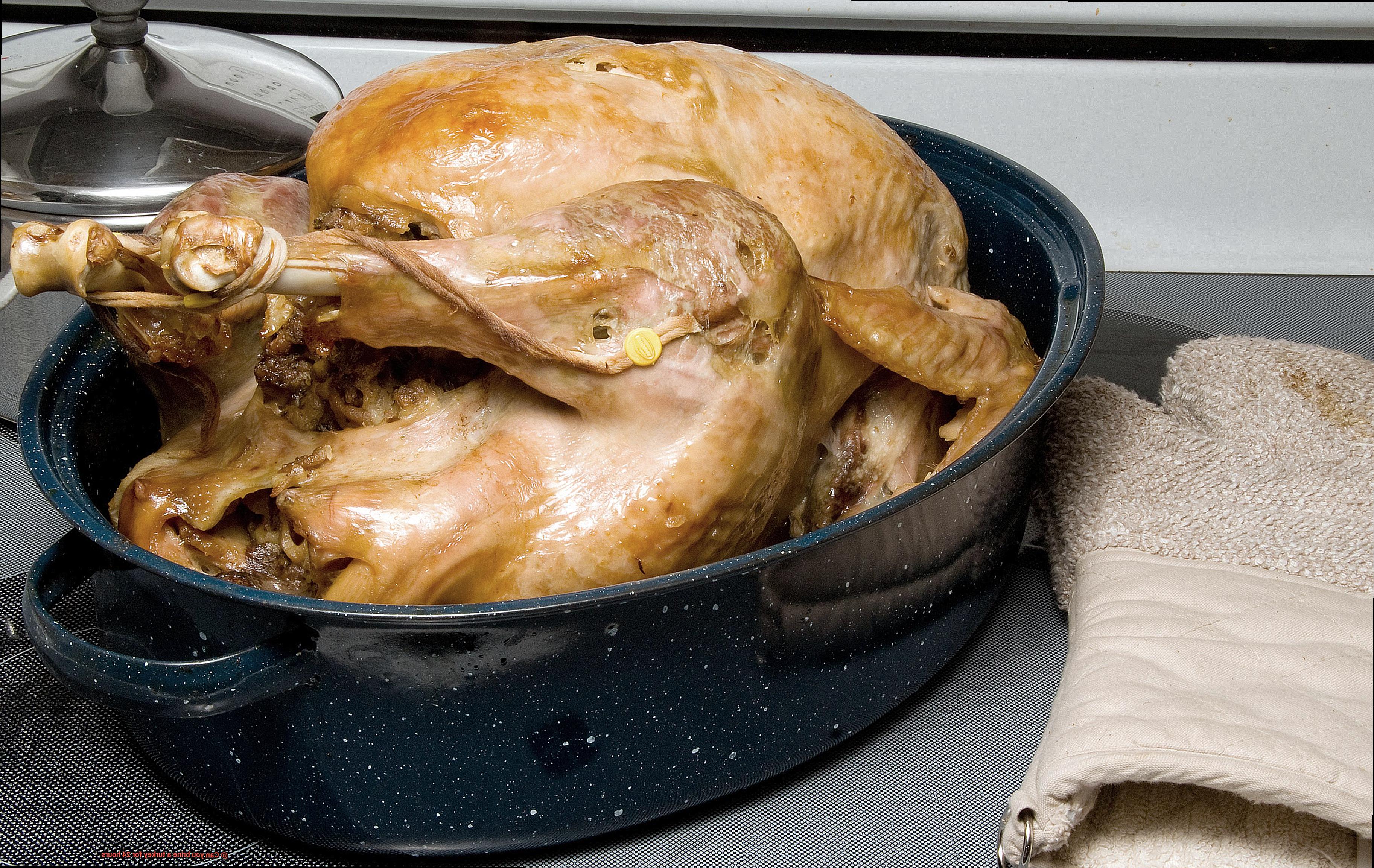
Another important factor is the strength of your brine solution. If it’s too strong, your turkey will become overly salty and tough. If it’s too weak, the flavors won’t penetrate the meat enough to make a difference. Finding the perfect balance can take some trial and error.
Additionally, consider whether you’re using a wet or dry brine. Wet brines typically take less time than dry brines, as the liquid solution can easily permeate the meat. Dry brines, on the other hand, require more time for the salt and seasonings to work their way into the turkey.
So, is 24 hours an ideal time to brine a turkey? It depends on these factors and more. The optimal brining time for your particular bird may differ from others. Your best bet is to experiment with shorter brining times and taste test before deciding whether to extend it for future attempts.
In summary, here are some key takeaways:
- Adjust your brining time based on the size of your turkey.
- Don’t make your brine solution too strong or too weak.
- Wet brines require less time than dry brines.
- Experimentation is key in determining the perfect brining time for your turkey.
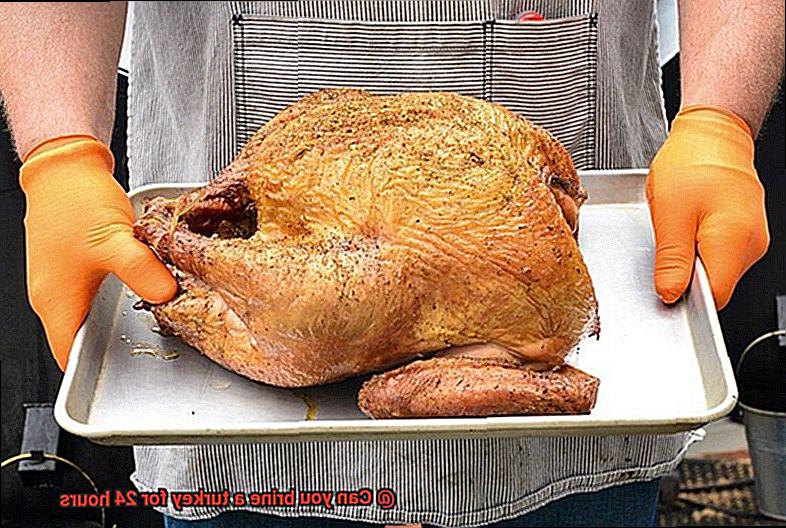
Tips for Successful Brining
Tips for a Juicy and Flavorful Brined Turkey
Brining a turkey is a simple yet effective way to ensure that your bird is moist and flavorful. However, there are some key tips to follow to achieve the best results.
Use the Correct Salt-to-Water Ratio
The amount of salt used in the brine is crucial. Using too little salt will result in bland and dry meat, while using too much salt can make the turkey tough and overly salty. The ideal ratio is 1 cup of kosher salt per gallon of water. This creates a brine solution that is strong enough to penetrate the meat without making it too salty.
Time it Right
Timing is everything when it comes to brining a turkey. It’s important not to brine the turkey for too long as it can result in an overly salty and mushy texture. The general rule of thumb is to allow for one hour of brining per pound of meat. So, for a 12-pound turkey, you would want to brine it for at least 12 hours but no longer than 24 hours.
Keep it Cool

To prevent bacterial growth, it’s crucial to keep the turkey and brine solution below 40°F while brining. A food-grade plastic bucket or large stockpot in the refrigerator will do the trick.
Rinse and Dry
After removing the turkey from the brine solution, rinse it thoroughly with cold water to remove any excess salt. Patting the turkey dry with paper towels before roasting will also help ensure crispy skin.
Experiment with Flavorings
While salt is necessary for a successful brine, you can also add other flavorings like sugar, herbs, and spices to enhance the taste of your turkey. Experiment with different combinations until you find your favorite.
What to Do After Brining the Turkey
Now that you have completed the brining process, it’s essential to take the proper steps before cooking to ensure that your turkey is cooked to perfection.
Step 1: Rinse the Turkey
The first step is to remove the turkey from the brine solution and rinse it thoroughly with cold water. This will help remove any excess salt and spices that may have accumulated on the surface of the bird. It is important to rinse the turkey at least three times or until the water runs clear to eliminate any residual saltiness.
Step 2: Dry the Turkey
After rinsing, pat dry the turkey with paper towels or a clean cloth. It is crucial to remove as much moisture as possible, as excess moisture can cause the skin to become rubbery and prevent it from crisping up during cooking. If you have time, let the turkey air dry in the refrigerator for a few hours to further dry out the skin.
Step 3: Let the Turkey Sit at Room Temperature
Before cooking, allow the turkey to come to room temperature for about an hour. This will help ensure that the bird cooks evenly and prevents it from drying out during cooking. A cold turkey will take longer to cook and may result in unevenly cooked meat.
Step 4: Cook the Turkey
When it comes time to cook, follow your preferred method for roasting or grilling a turkey, but be mindful that a brined turkey may cook faster than an unbrined one. Be sure to check its internal temperature regularly with a meat thermometer and remove it from heat when it reaches 165°F in the thickest part of the meat.
Step 5: Let the Turkey Rest
After cooking, let the turkey rest for at least 20 minutes before carving. This will allow the juices to redistribute throughout the meat, making it more succulent and tender. Cutting into a turkey right after cooking will release the juices and result in dry meat.
T5qZ54aGBsA” >
Conclusion
In summary, the answer to the question “Can you brine a turkey for 24 hours?” is yes, but with caution. Brining for too long can lead to an unpleasantly salty and tough bird. The perfect brining time varies depending on factors such as the size of your turkey and the strength of your brine solution.
When done correctly, brining can elevate your turkey to new heights of deliciousness. It helps to retain moisture, enhance flavor, tenderize the meat, and promote even cooking. However, it’s important not to overdo it.
Once you’ve completed the brining process, don’t forget to rinse and dry your turkey thoroughly before cooking. Letting it come to room temperature beforehand is also crucial for even cooking. And after it’s done cooking, give it at least 20 minutes of rest time before carving into it.
With some experimentation using different herbs, spices or sugar in your brine solution, you can create a mouthwatering masterpiece that will leave your guests impressed and satisfied.

